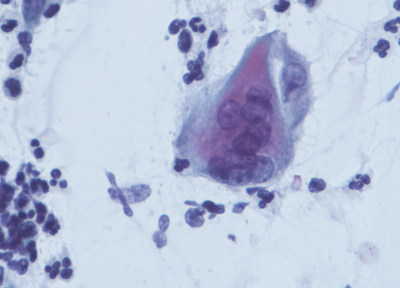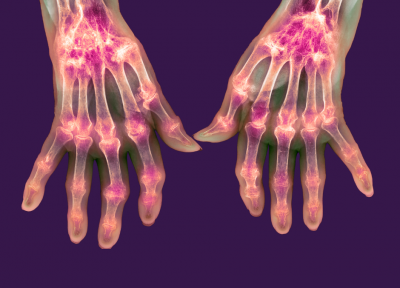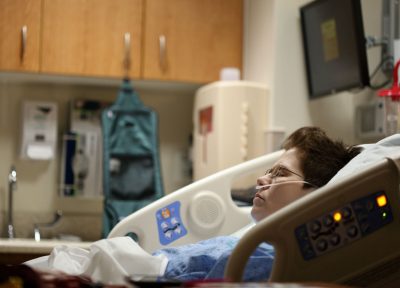Antibody and Antigen
Explore the difference between antibodies and antigens and their role in immune memory.
On This Page:
Overview
To know when to mount an immune response, the immune system must detect what belongs in the body and what does not. Antigens are parts of foreign substances, like bacteria or allergens, that the immune system detects and mounts an immune response to. Antibodies are proteins, produced by cells of the immune system, that detect and stick to antigens, flagging them for destruction by the immune system.
Key Points
- Antigens are substances that prompt the body to launch an immune response. Common antigens are pathogens or allergens.
- Antibodies, also called immunoglobulins, are produced by immune cells to respond to specific antigens.
Antigen
An antigen is a small part of a cell or virus that acts as a target for the immune system. Antigens are how the body identifies foreign substances. Antigens exist on viruses, bacteria, allergens, parasites, proteins, cancer cells, and normal cells in your own body. When the immune system detects an antigen, it triggers an immune response and antibodies are produced to try and rid the body of the antigen.
There are four main groups of antigens:
- Exogenous antigens come from outside the body, such as those found on bacteria, viruses, fungi, parasites, and other pathogens.
- Endogenous antigens originate within the body and can result from genetic mutations or viral infections that alter your cells.
- Allergens are antigens that trigger allergic reactions and can be found in substances like pollen, certain foods, or animal dander.
- Autoantigens are components of the body’s own cells and tissues that the immune system mistakenly recognizes as foreign and attacks. This attack causes autoimmune diseases.
Antibody
Antibodies, also known as immunoglobulins, are specialized defender proteins produced by the immune system. Each antibody recognizes and sticks to specific antigens. Antibodies protect you by:
- Preventing pathogens from entering or damaging cells.
- Marking pathogens for destruction by immune cells.
- Triggering various immune responses, including the recruitment of immune cells to the site of an infection.
Antibodies are part of your immune system’s memory. Creating a “memory” of an antigen allows antibodies to quickly recognize the antigen in the future. Immunological memory produces a faster and more efficient reaction if and when the immune system encounters that same antigen in the future.
There are five types of antibodies:
IgG | This is the most common antibody, making up 70% to 75% of all antibodies in your body. It’s found mainly in blood and fluids. IgG antibodies help protect your body from viral and bacterial infections. |
IgM | IgM antibodies circulate through the body and are the first line of defense against infections. They help recruit other antibodies to fight infection. |
IgE | IgE antibodies can cause allergic reactions by reacting to allergens. They are found mainly in your skin, lungs, and mucus membranes. |
IgA | Found in saliva, tears, and mucus, IgA protects against ingested and inhaled pathogens. A form of IgA is also found in breastmilk and provides antibodies from mother to baby. |
IgD | This is the least common antibody. Though its exact function is unclear, experts think IgD supports the role of B cells. |
Sources
- Jain, A., Marshall, J., Buikema, A., Bancroft, T., Kelly, J. P., & Newschaffer, C. J. (2015). Autism Occurrence by MMR Vaccine Status Among US Children With Older Siblings With and Without Autism. JAMA, 313(15), 1534. https://doi.org/10.1001/jama.2015.3077
- Taylor, B., Miller, E., Farrington, Cp., Petropoulos, M.-C., Favot-Mayaud, I., Li, J., & Waight, P. A. (1999). Autism and measles, mumps, and rubella vaccine: no epidemiological evidence for a causal association. The Lancet, 353(9169), 2026–2029. https://doi.org/10.1016/s0140-6736(99)01239-8
- Madsen, K. M., Hviid, A., Vestergaard, M., Schendel, D., Wohlfahrt, J., Thorsen, P., Olsen, J., & Melbye, M. (2002). A Population-Based Study of Measles, Mumps, and Rubella Vaccination and Autism. New England Journal of Medicine, 347(19), 1477–1482. https://doi.org/10.1056/nejmoa021134
Related Topics
Downloads
External Resources
Latest News


